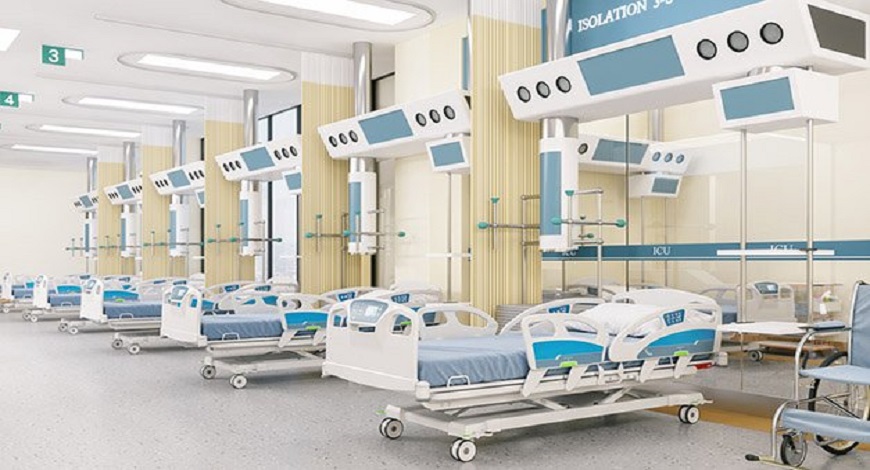The healthcare sector is witnessing a transformative phase with the adoption of modular hospital extensions as a solution for rapid expansion. This innovative approach addresses the pressing need for hospital expansion plans, offering a swift and efficient alternative to traditional construction methods. The modular design concept is gaining traction in the medical field, propelled by the need to quickly increase patient capacity and modernize facilities without the extended timelines and high costs associated with conventional construction.
Modular hospital extensions are pre-fabricated structures that are built off-site and then transported to the location for assembly. This method drastically reduces construction time, making it possible to expand hospital facilities within a matter of months, as opposed to years. It’s a game-changer for healthcare providers facing immediate demands for increased capacity, whether due to population growth, unforeseen emergencies, or the need to update and replace aging infrastructure.
When it comes to hospital expansion plans, modular construction is advantageous for a number of reasons, one of which is that it permits the existing hospital operations to experience minimal disturbance. Construction that is done in the traditional manner can be a time-consuming, noisy, and messy procedure that frequently disrupts the flow of patient care and hospital operations. Modular additions, on the other hand, are erected off-site for the most part, which considerably lessens the impact on the environment of the hospital and makes it possible to continue providing uninterrupted patient care.
Modular hospital extensions offer cost-effectiveness, which is another key advantage of these extensions. Most of the time, traditional building projects experience budget overruns and costs that were not anticipated. The modular building method includes a pricing mechanism that is more predictable, with many expenses being decided in advance. This financial transparency is extremely helpful for healthcare businesses that conduct their operations under limited budgets and are required to distribute resources in an effective manner.
Modular hospital extensions are an appealing choice for hospital expansion plans due to their adaptability and scalability which make them an attractive option. The addition of new patient rooms, operating theaters, or specialist departments such as radiology or outpatient services are all examples of the type of customization that can be performed on these facilities to meet specific requirements. These modular structures can be altered, expanded, or even relocated to accommodate the changing demands of the hospital. This provides a level of adaptability that cannot be matched by traditional buildings.
Another facet in which modular hospital extensions excel is the preservation of the environment. Because of the decreased amount of trash and the increased efficiency with which materials are utilized, the construction process is more environmentally friendly. Many modular buildings are also designed with energy efficiency in mind, incorporating elements such as enhanced insulation and energy-efficient lighting. These features can lead to cost savings over the long run as well as a reduced carbon footprint.
Quality and safety standards in modular construction for healthcare facilities are on par with traditional buildings. These structures are subject to the same building codes and regulations, ensuring they meet the high standards required for medical facilities. The controlled environment of off-site construction allows for greater precision and quality control, resulting in a product that is often superior to on-site construction.
Modular hospital extensions represent a significant leap forward in expansion plans. They offer a rapid, cost-effective, flexible, and sustainable solution to the growing need for expanded healthcare facilities. As healthcare providers continue to seek ways to improve patient care while managing resources efficiently, the modular approach to hospital construction is likely to play an increasingly important role in shaping the future of healthcare infrastructure.


